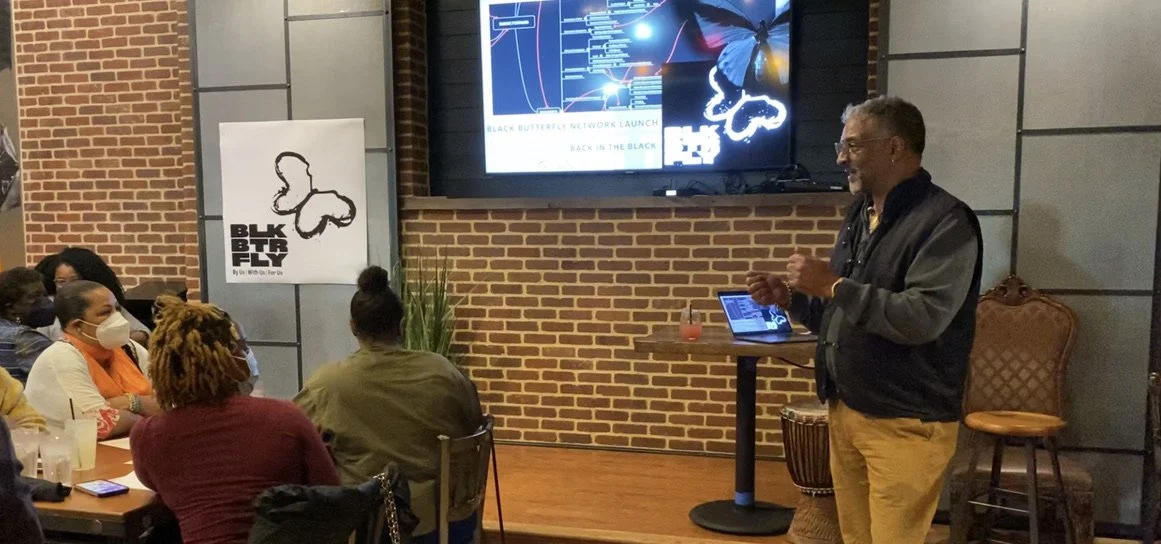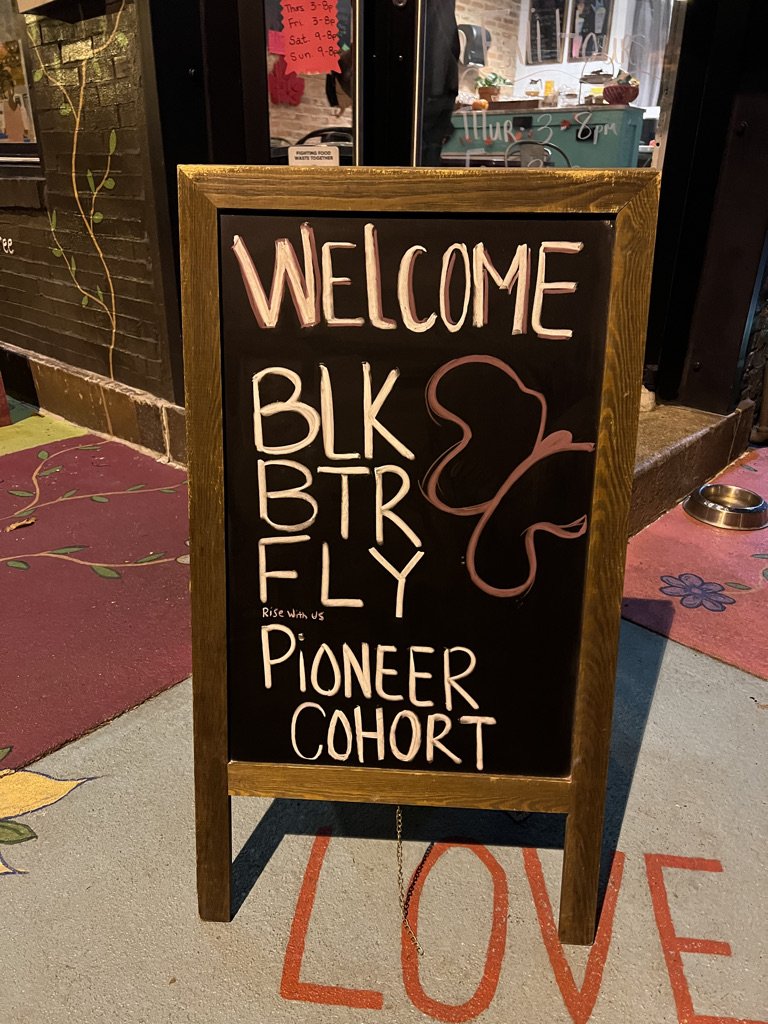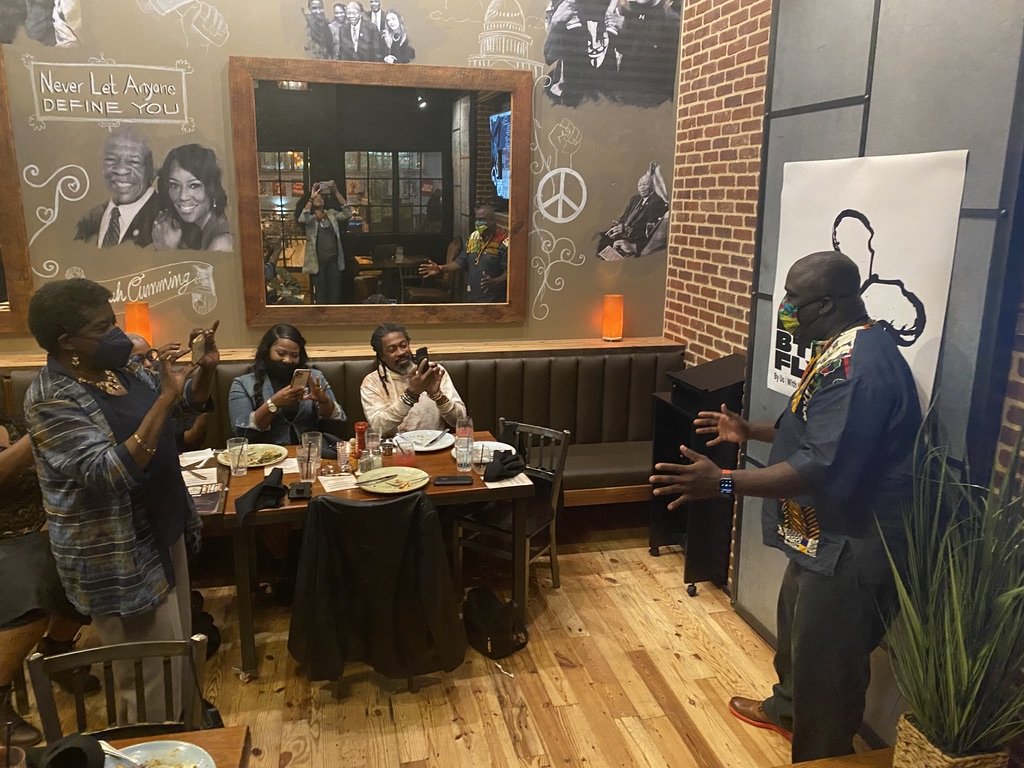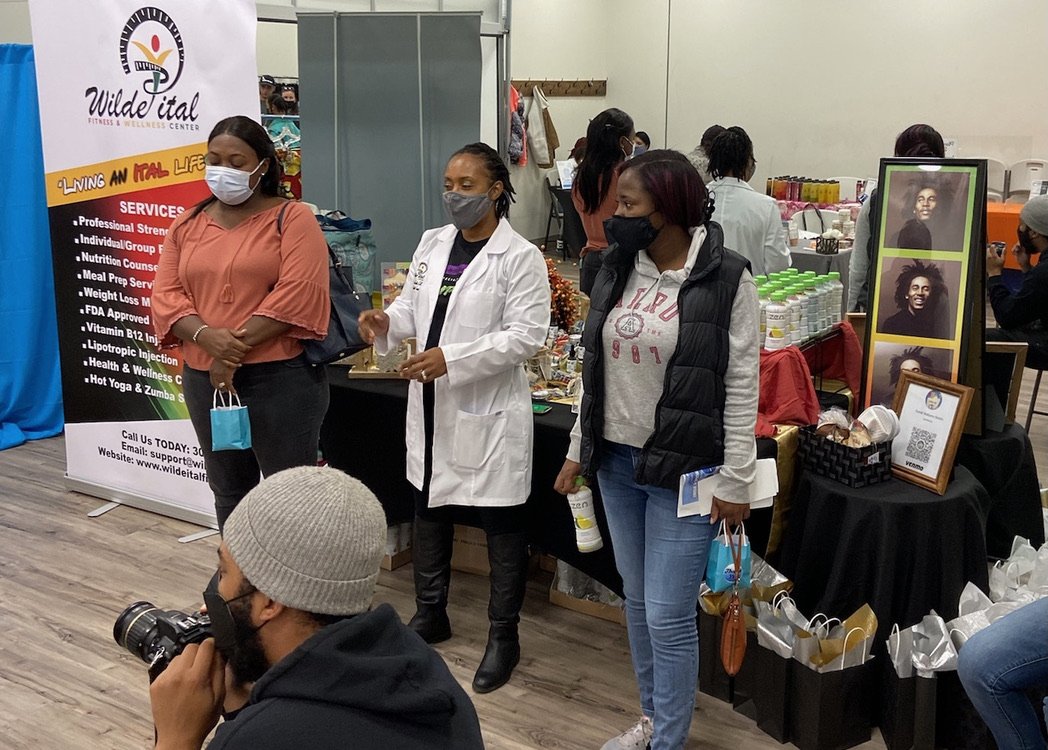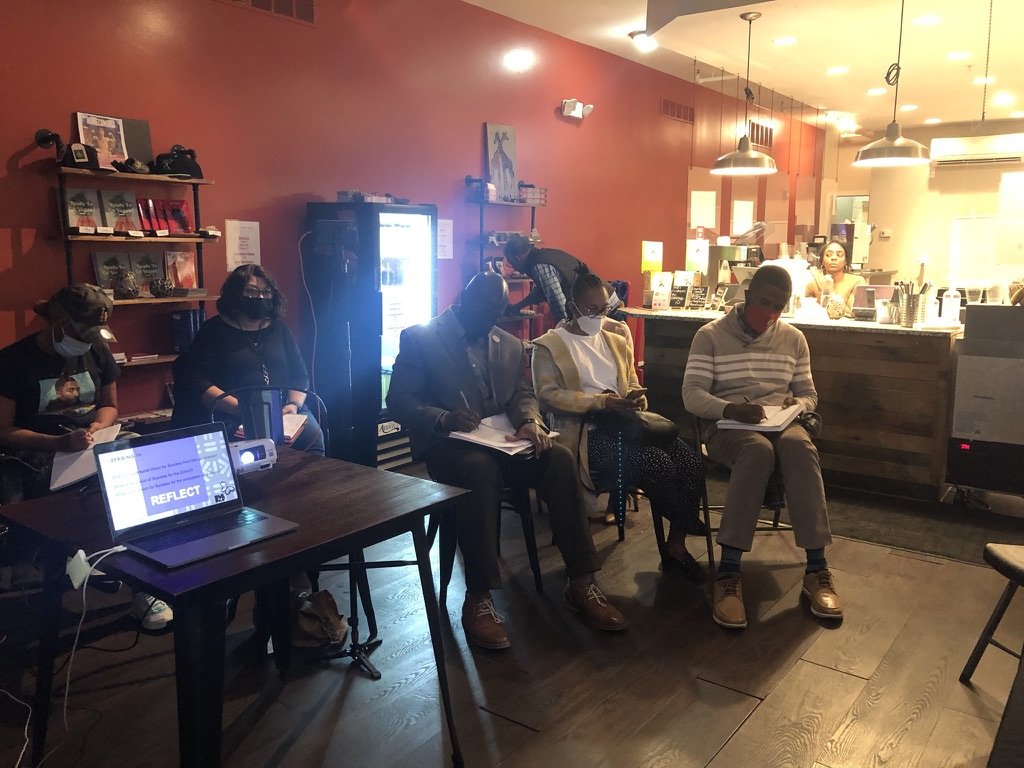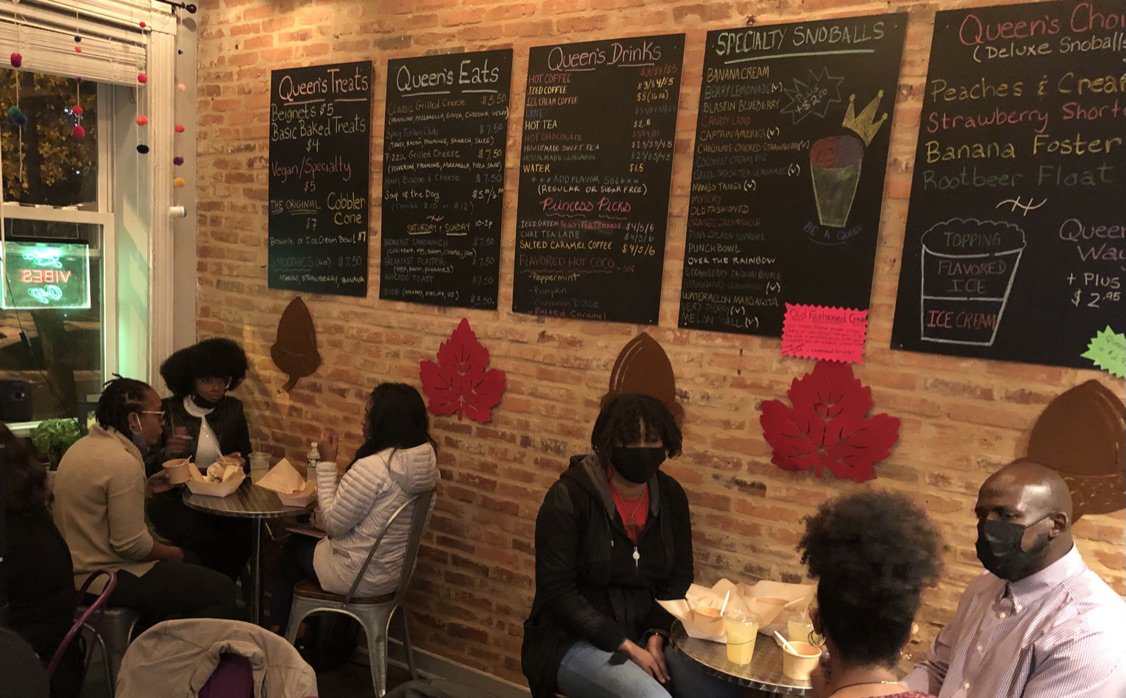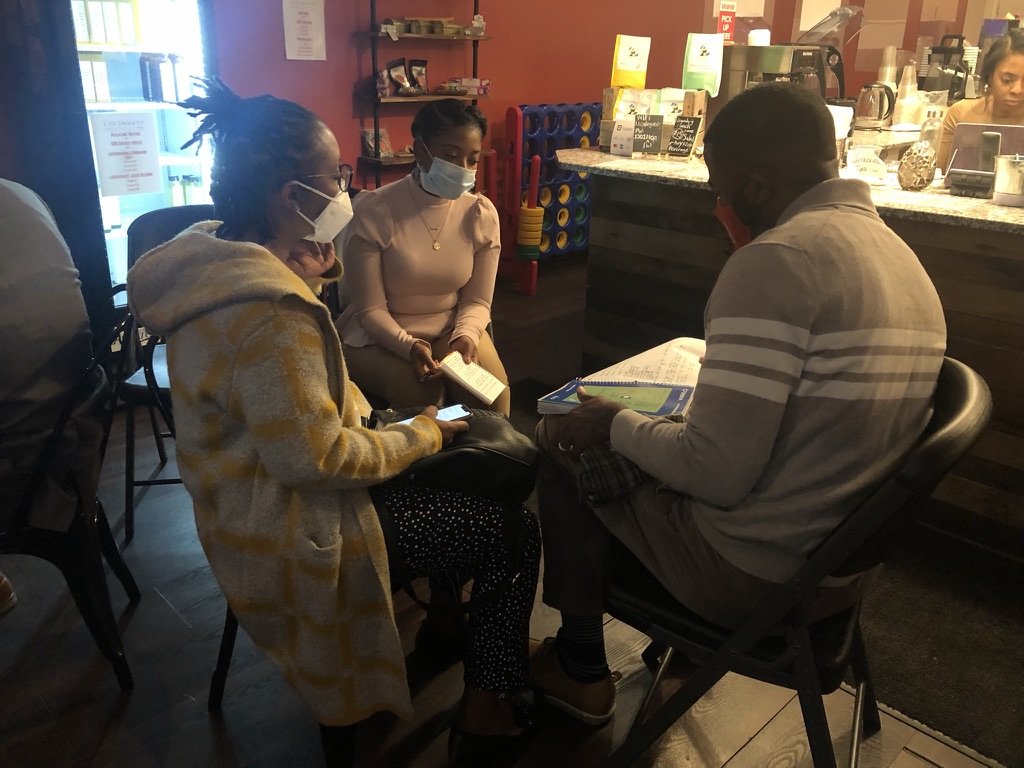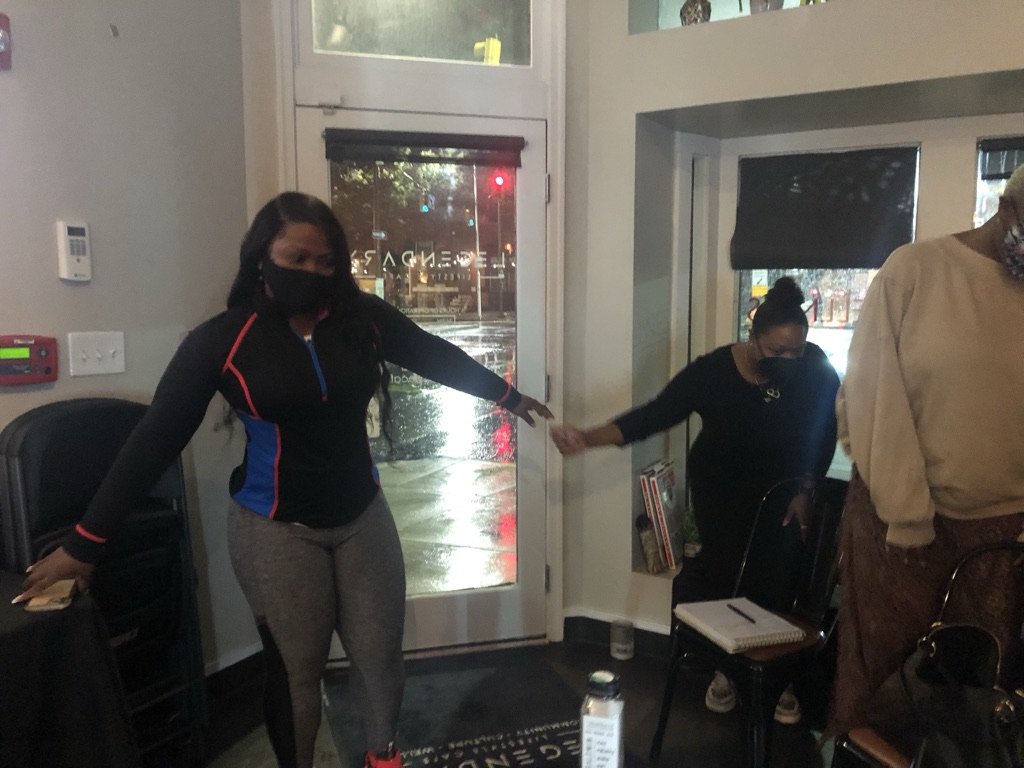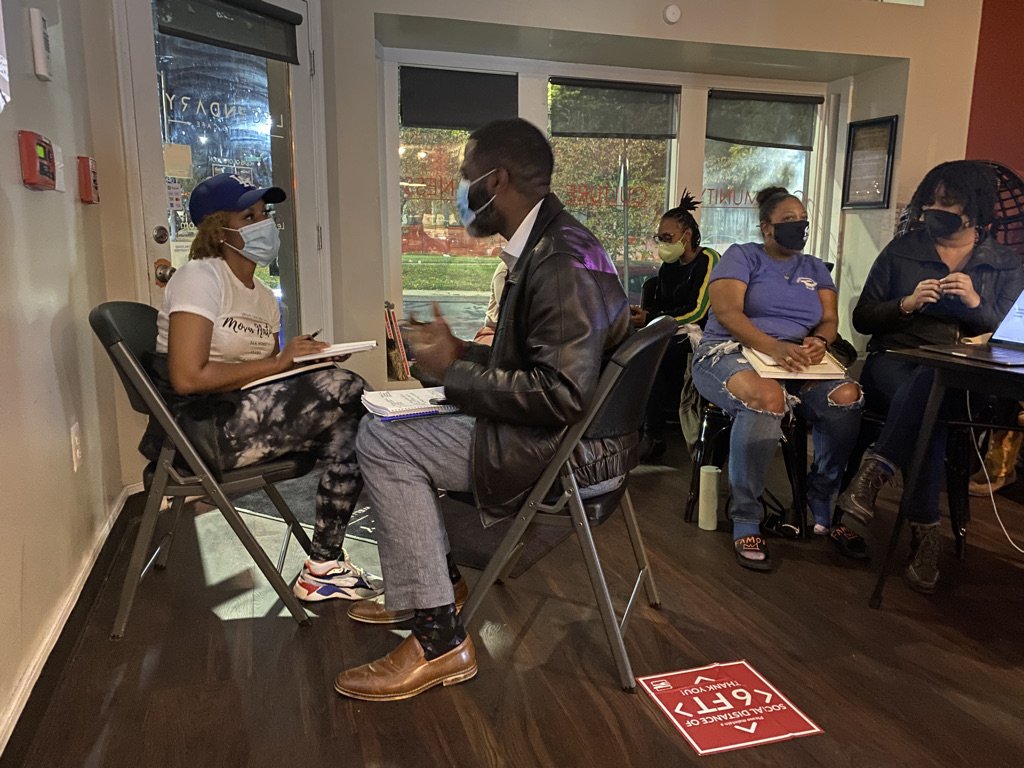ESHIP Baltimore’s Black Butterfly Network
by Paulo Gregory
The world of entrepreneurship is viewed through the perspective of individual founders, and also with a sole focus on the enterprises, leaving the environment surrounding the developing businesses as an afterthought, or not a thought at all. There is much talk about ecosystems in the startup community. This is often a catchphrase or thin metaphor. As we have developed the Black Butterfly Network in Baltimore, and recruited and initiated the Pioneer Cohort, these historic individualistic lenses, simply do not apply — nor is it the view we have used to cultivate the underlying fabric through which the Black Butterfly Network is being nurtured.
Cohado offers a collaborative underpinning, grounding in community, culture, and relationship as the foundation of our ecosystem approach. The inspiration for this has deep roots in the Zulu principles of Ubuntu - the understanding that we belong to, and are responsible for, each other’s wellbeing. This requires that we model relationship development through the two facets of the Zulu greeting, Sawubona, “I See You”, and the response, Sikhona which means, “I Am Here.” This is a call for us to stand in our true presence and vulnerability, and be willing to hold each other’s full dimensionality, leading with respect, transparency, and reciprocity, to build the necessary trust that creates “Beloved Community”, and true belonging. This means that we have to move well beyond a hyper-focus on the individual and the enterprise.
Just as in our natural ecosystems, if a plant is ailing, one must look at the earth holding the roots, the source of the water and light nurturing growth, the nutrients that feed the plant, and the other organisms that interact with the plant from microbes in the soil, to the butterfly’s that pollinate its flowers, to the mycelium networks that convey information critical to balancing the multiplicity of systems and other lifeforms in the ecosystem who share these all of these resources. bell hooks reminds us that “Beloved community is formed not by the eradication of difference, but by its affirmation, by each of us claiming the identities and cultural legacies that shape who we are and how we live in the world.” It is the alignment of these differentiated aspects of the community, the linking and balancing of all of these forces, that creates thriving communities and thriving enterprises within.
As we talked to the businesses invited to participate in the Pioneer Cohort of the Black Butterfly Network, we listened, not only for the individual perspectives of the entrepreneurs but what it told us about the broader ecosystem. One of the powerful things that has emerged through this process is that the greatest supports received by the businesses is the network of other businesses that have leaned into supporting fledgling enterprises. In traditional business development, other businesses in the same field are considered competition. In Baltimore’s Black business ecosystem, the sense of community cultivated through the marginalized history of Black folk in America replaced competition with manifesting a spirit of oneness. Respondents reported,
“As a relatively new business owner, I think there is a lot of information out there that I don't know, I need to know, and it would really be helpful to have more clarity on what resources are even available, and to what end. That being said, we have experienced a positive and collaborative spirit among other Black business owners in Baltimore. So far the best support has come from other entrepreneurs within the city and local areas.”
Buckminster Fuller stated, “You never change things by fighting against the existing reality. To change something, build a new model that makes the old model obsolete.” This is already manifesting in the current cohort. The members of the Pioneer Cohort of the Black Butterfly Conservatory have only been together for a couple of weeks and have already planned and executed several collaborative events with the other Cohort members, beyond our Cohort activities. They are reaching out to support each other, and are totally dedicated to the work of community building and restoration. One member who hosted a collaborative vendor fair last weekend wrote,
“Thank you to everyone for their overwhelming support. We definitely put the principles shared by [The Black Butterfly Cohort Training] to make this an extraordinary event.”

